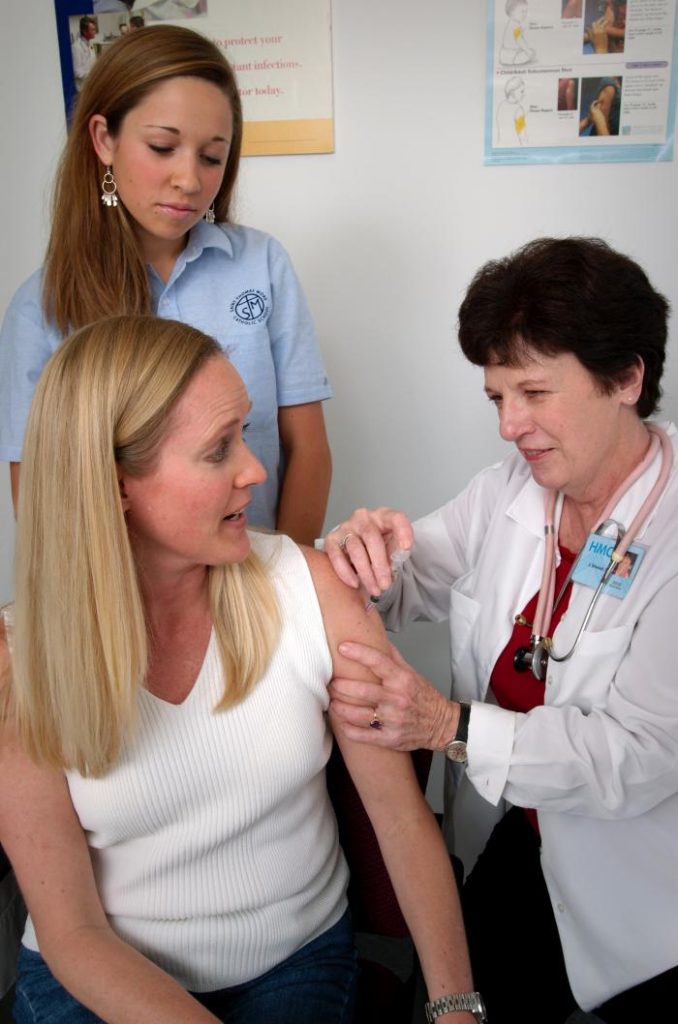By NewsDesk @bactiman63
The Iceland Chief Epidemiologist (computer translated) now recommends vaccinating pregnant women for pertussis, or whooping cough. The vaccine is a combination vaccine with diphtheria and tetanus.

Vaccination should be free of charge for women, such as influenza vaccination during pregnancy.
Pertussis is quite common in Iceland, despite the fact that it is part of the general vaccinations. It is diagnosed here to some extent for most years, but every two to five years.
For the past 10 years, children under the age of 6 months have been diagnosed with whooping cough the most, over half of them under the age of 3 months when they fell ill, including some who were seriously ill in hospital.
The last dose of pertussis vaccine administered in general vaccinations in Iceland is at the age of 14.
The currently used vaccine generally provides 5 to 10 years of protection and therefore most adults in Iceland are susceptible to infection and may carry the infection to newborns who have not themselves been vaccinated.
Chronic cough infection in older children and adults is usually in the form of a cold and a minor, indicating that a potentially dangerous infection is present, although often the typical cough attacks facilitate diagnosis. However, very young children may experience life-threatening respiratory arrest and severe coughing disorders which may wear them so that they require emergency care in the intensive care unit or the ward.
If a mother is vaccinated during the second or third trimester, she creates a protective antibody that moves the placenta to the baby from week 32 of pregnancy. The antibodies can protect a child from birth until about 6 months of age, with most children who have been vaccinated according to age group.
- Honduras dengue epidemic tops 8,000
- University of Florida reports mumps outbreak
- African swine fever strikes North Korea farm
- Measles: Cases top modern record, Chicago launches measles vaccine finder
- Queensland: Rockhampton dengue fever, 1st local transmission in decades
- Polio: Pakistan transmission continues to be widespread, Iran reports additional WPV1 environmental sample


One thought on “Iceland: Pertussis vaccine recommended for pregnant women”